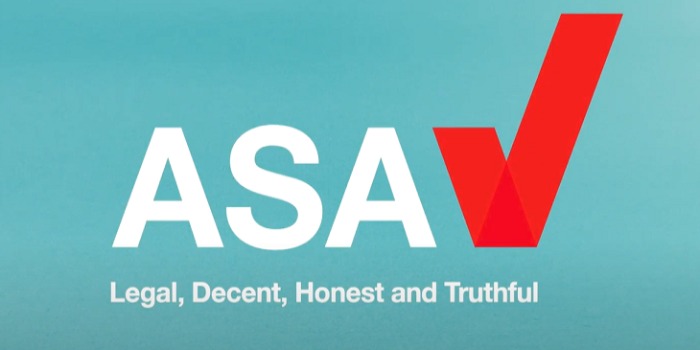The UK’s advertising watchdog, the Advertising Standards Authority (ASA), is under pressure on two fronts: it is facing criticism over the accuracy of its own high-profile campaign while also implementing stricter rules for gambling operators that target British consumers. These developments underline the complex legal environment governing advertising in the UK and the challenges of ensuring consistent standards across the sector.
Watchdog’s Own Campaign Questioned
Campaign groups have lodged a formal complaint against the authority, claiming its recent national campaign misled the public. The campaign, which was launched in partnership with household names, used familiar slogans to highlight ASA’s role in protecting consumers.
However, groups including the New Weather Institute, Badvertising, and Adfree Cities argue that ASA overstated its powers. The campaign declared that the regulator oversees advertising “across all media” and “wherever you see or hear them,” but critics point out that its remit has clear limitations. Advertising in shop windows, certain airport areas, flyposters, pitch-side hoardings shown on televised sporting events, and some forms of social media content fall outside of ASA’s jurisdiction.
ASA has responded by stating that its campaign refers to ads “in all media” rather than “all ads.” Since the regulator cannot investigate its own campaigns, responsibility for further review may fall to the Department for Culture, Media and Sport. Some campaigners are calling for a statutory regulator to replace the authority to ensure stronger oversight.
Stricter Rules for Gambling Operators
At the same time, the Committee of Advertising Practice (CAP), which administers the CAP Code, has amended its rules to close a loophole affecting gambling operators licensed outside the UK. As of September 1, the CAP Code applies to all non-paid-for marketing communications directed at UK consumers by licensed gambling operators, even if those operators do not maintain a registered address in the UK.
This change means that social media posts and other digital content targeting UK audiences must comply with the same standards as advertising from UK-registered operators. The Advertising Standards Authority confirmed that the amendment is designed to ensure regulatory consistency and support consumer protection, preventing overseas companies from avoiding compliance with the CAP Code while still benefiting from access to UK players.
The Gambling Commission’s licensing conditions already require operators to comply with the CAP Code. The amendment ensures that the ASA Council can rule on cases involving licensed gambling operators regardless of where they are based. CAP has made clear that the update does not extend the code to other categories of advertisers without a UK-registered address.
A review of the amendment’s impact is scheduled after three months, and stakeholders have been invited to provide feedback by December. How these issues unfold may have significant implications for both gambling operators and the future of advertising regulation in the UK.



